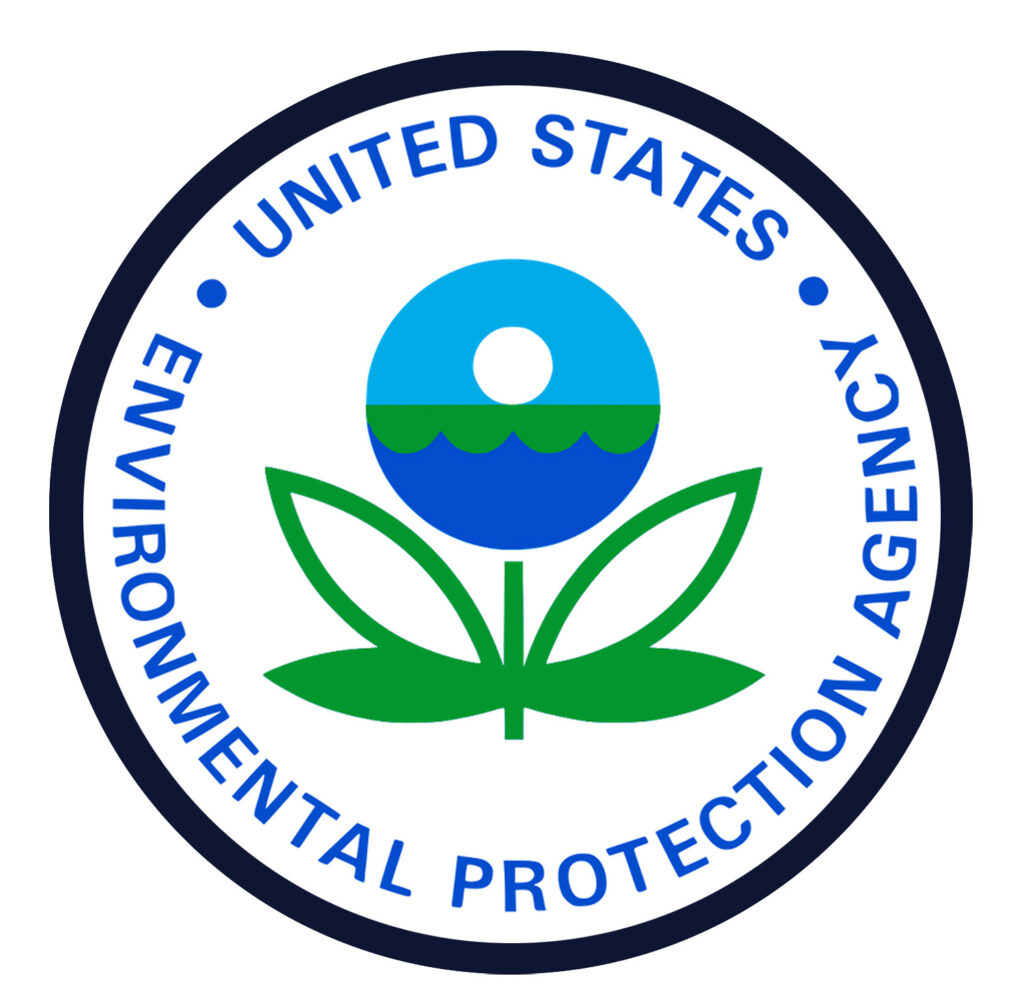[ad_1]
The Quiet Erosion of Federal Legal Internships
Guest Contributor Emma Rose Shore, a UCLA Law student, reflects on the current administration’s attack on civil servants and the cancellation of summer internships.
 One morning last October, I got really exciting news.
One morning last October, I got really exciting news.
After an interview with a senior attorney at the Environmental Protection Agency’s Office of Enforcement and Compliance, I was offered a position in the National Environmental Training Institute’s Summer Honors Program (NETI). My giddiness must have been obvious, because the interviewer asked if I wanted to have a mini dance party to celebrate on the Zoom (of course I did). Her enthusiasm for the program and being a mentor to young civic-minded attorneys was apparent and I was so thrilled to serve my country with such passionate, welcoming people. Beyond just the excitement for this summer, I was also hopeful that the program would lead to a post-graduation position with the EPA — my dream job.
I’ve been involved with environmental policy issues since I was a child, organizing groups to uproot invasive Queen Ann’s Lace and protect Texas’ Blackland Prairie wildflowers. Initially I thought I would go into plaintiff-side private litigation. Like many other students in my specialization, movies like the 2019 Black Waters and the 2000 Erin Brockovich biopic had captivated me with depictions of a resilient advocate going after a massive, negligent corporation and winning hard-fought justice for the affected community. However, the more I learned in class, the more I realized that toxic torts were just a small aspect of a much larger body of environmental law.
I’m drawn to regulatory law and the civil service for two reasons: the massive impact regulators can have and the opportunity to meaningfully serve the people of my country. Although regulation has been vilified lately, I think it’s important to remember the harms being addressed. Before environmental regulations were introduced, the Cuyahoga River caught on fire, heat inversions made people choke to death on smog, and leaded gasoline appreciably decreased the mental capabilities of children. A civil lawsuit can help specific victims get recompense, but it can’t always prevent future harms across the nation the way that a federal regulation can. I was also inspired by an administrative law course at UCLA that impressed upon me the important roles of government workers and the values of professionalism, expertise, and impartiality that they embody. I truly believe that environmentalism is not a partisan issue. We all want our families and communities to have a clean, healthy environment and to be able to experience the beauty of our country’s natural spaces. The civil service appealed to me because its explicitly not meant to be political; the nation’s civil servants are meant to serve impartially and use their expertise in the interest of the American people.
This is why I was dancing on a Zoom call that morning 9 months ago over an unpaid summer program that required me relocating to the other side of the country. The EPA was a perfect confluence of my interests: environmental work, regulatory law, and serving my country. While many of my friends were looking forward to expensive firm lunches, I was getting my fingerprint taken at the Federal building and filling out forms to swear that I’m not a foreign agent.
A few months after that Zoom call, my excitement started to give way to trepidation. I had heard rumblings of concerns among government employees that the incoming administration was highly skeptical of career civil servants. My concern was realized when my interviewer — who had been so kind and enthusiastic about leading the program just months prior — sent me a perfunctory email saying she was retiring and to expect a follow-up email from two other EPA attorneys.
That follow-up never came.
 In the months that followed, I watched along with the rest of the nation as federal employees were suddenly fired, entire offices closed down, and funding was cut. I started to get concerned about the status of the EPA summer program, having heard nothing in weeks, so I reached out to the contacts I’d been given. I received no response. At that point, I had a difficult decision to make: stick it out and hope that the dream position I’d formally accepted would still exist by May, and potentially get left in the lurch, or rescind my acceptance and try to find something last minute when all the major hiring cycles for this summer had already passed. After many a bulleted list of pros and cons, I wrote out a rescission email explaining my reticence and my appreciation of the work EPA does. Again, no response. Thankfully, I was able to secure a summer fellowship with the wonderful folks at the UCLA Emmett Institute.
In the months that followed, I watched along with the rest of the nation as federal employees were suddenly fired, entire offices closed down, and funding was cut. I started to get concerned about the status of the EPA summer program, having heard nothing in weeks, so I reached out to the contacts I’d been given. I received no response. At that point, I had a difficult decision to make: stick it out and hope that the dream position I’d formally accepted would still exist by May, and potentially get left in the lurch, or rescind my acceptance and try to find something last minute when all the major hiring cycles for this summer had already passed. After many a bulleted list of pros and cons, I wrote out a rescission email explaining my reticence and my appreciation of the work EPA does. Again, no response. Thankfully, I was able to secure a summer fellowship with the wonderful folks at the UCLA Emmett Institute.
Despite my sadness about missing out on the summer program, I am so grateful that I made the decision that I did. On June 3 — what was supposed to be the first day of the summer program — I finally heard back from the EPA. Here is that email:
Dear Emma Rose:
Thank you for applying to the NETI student intern program. We have been notified that this program is on indefinite hiatus. Therefore, we will not be able to extend an internship opportunity to you this summer. This decision does not reflect on your abilities or skills.
We understand this is not the news you would like to hear, and we apologize for the timing of this notification. We wish you well in your future endeavors!
Sincerely,
[EPA Attorney]
This message is bizarre to me for several reasons. First, it came from the attorney in charge of overseeing the program. Had he just been told that the program was canceled the day of? And if he believed it was continuing, why had he been radio silent and provided no logistics for onboarding in the preceding months? Second, the email is written as if I was simply an applicant. I was not. I had been accepted into the program and had already received security clearance. Construing that as an application was a severe understatement. Third, the timing. I was blessed to have already secured another position, but I cannot imagine how stressful receiving this email must have been for other students who had no alternatives for their 2L summer — generally the most critical for securing post-graduation employment. What if I had relocated to Washington, D.C. and rented an apartment only to be told the program was on “indefinite hiatus” on what should have been my first day? The way this was handled came off as unprofessional and inconsiderate.
As much as I could lament my own situation or that of others in the NETI program, I think the focus ought to be on the broader issue. NETI is hardly the only legal clerkship opportunity that vanished — I have friends who lost positions at the DOJ as well. If you pull up the USAJobs board, where most federal employment opportunities are listed, you will find that the only current availability for legal employment is in the military. I find it hard to understand the reasoning behind the elimination of these positions; it’s hard to fathom an efficiency explanation for cutting out a source of free labor. Additionally, these cancellations are dissuading an entire generation of students from perceiving federal employment as a viable career path. The government already struggles to attract high-performing law school graduates. Having seen the pay tables at some of my friends’ firms, I can confirm that there is no competition in terms of salary or benefits. For those of us who want to work for the government, we already eschew hundreds of thousands of dollars, mountains of free gifts, and cushy offices with artisan coffee makers.
Traditionally, government employment has been perceived as offering stability, duty, and pride in one’s service. The appearance of stability is gone completely with the waves of firing and general chaos across the civil service. The sense of pride and duty is also being eroded, with senior civil servants being publicly maligned as lazy, incompetent, and party to a malicious deep state.
I remain hopeful that at some point the tide will turn and we as a country will once again recognize the value of a nonpartisan, expert civil service. Until then, I want to express my gratitude to those government employees and wish them the best of luck in this turbulent atmosphere.
Emma Rose Shore is a rising 3L at UCLA and an Emmett Institute Summer Law Fellow.
[ad_2]